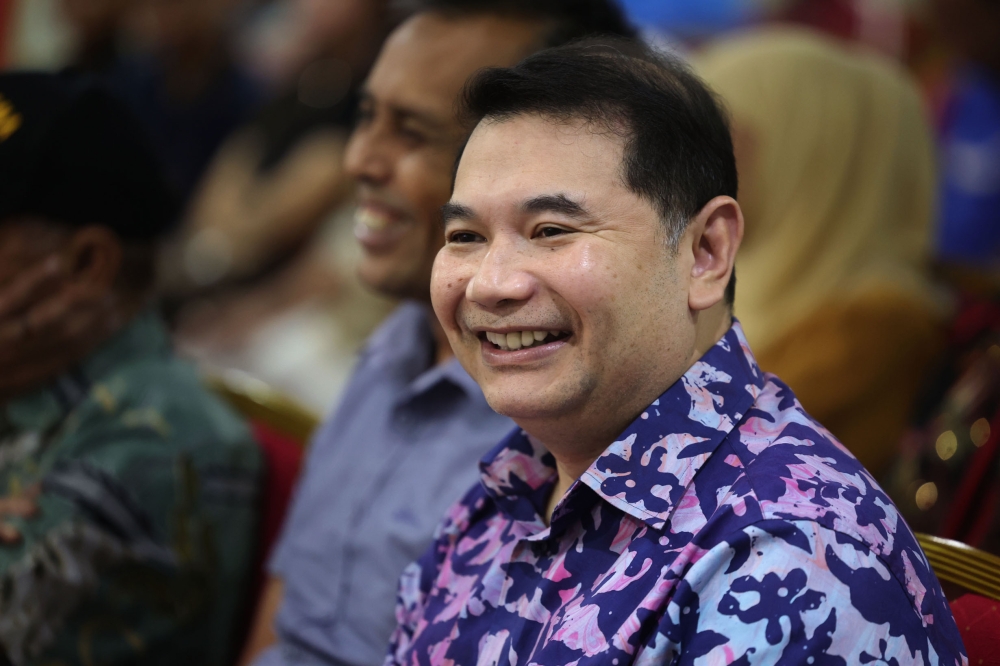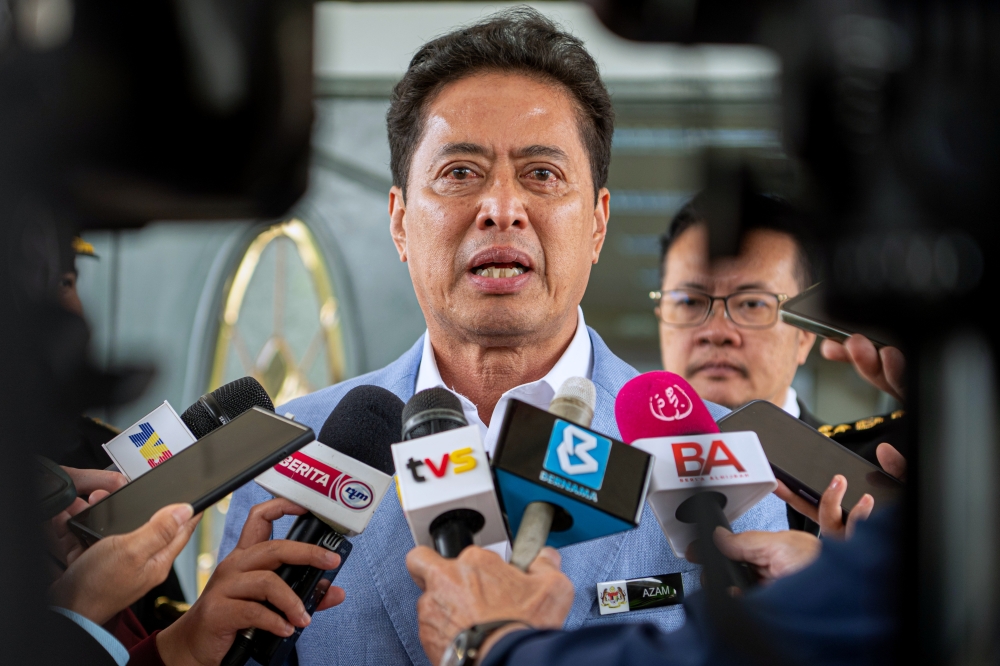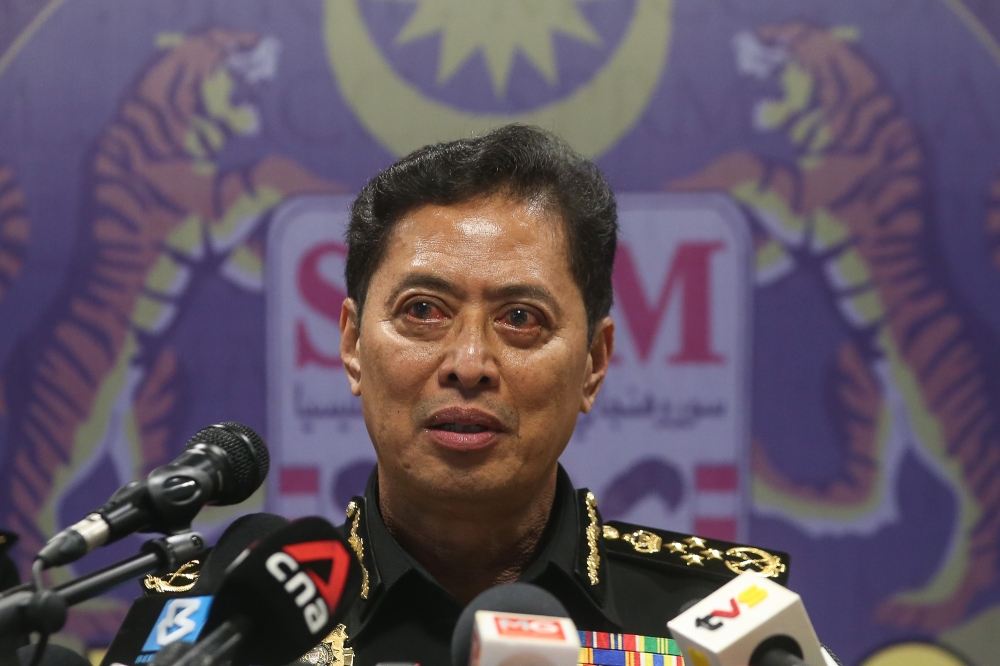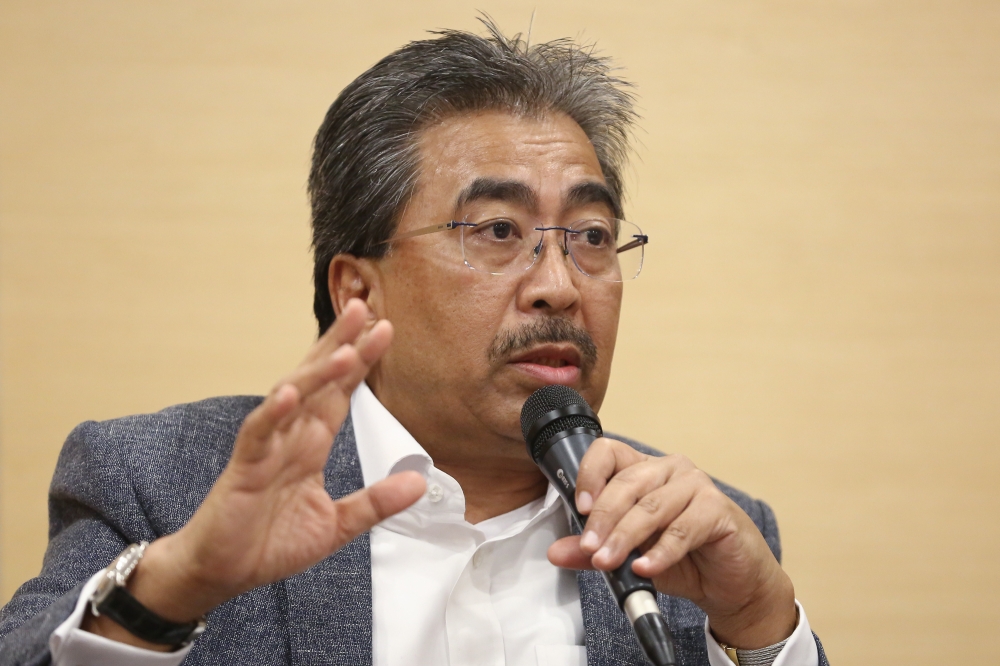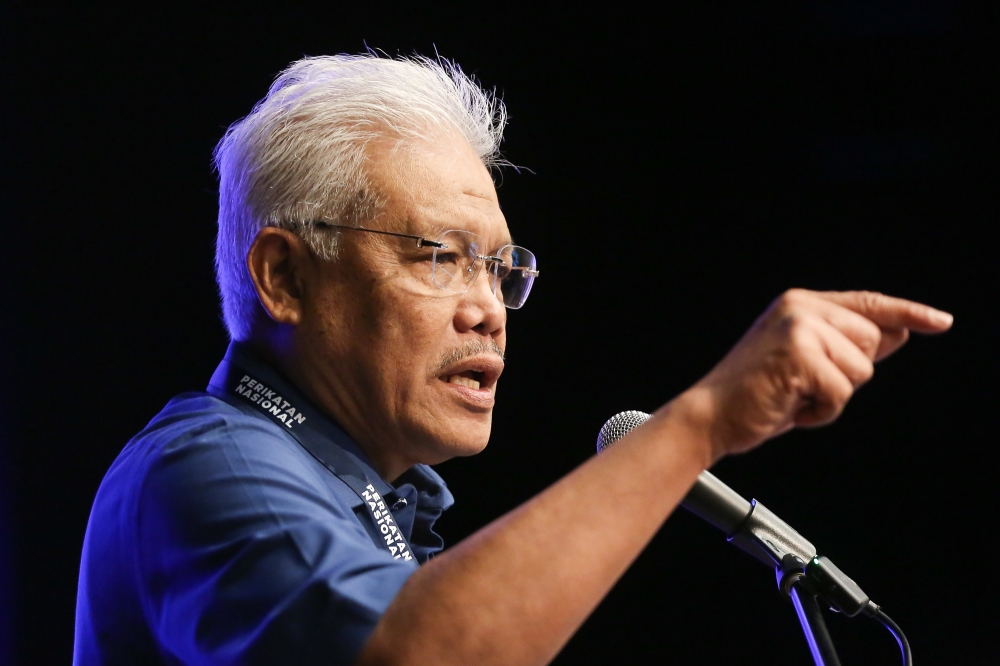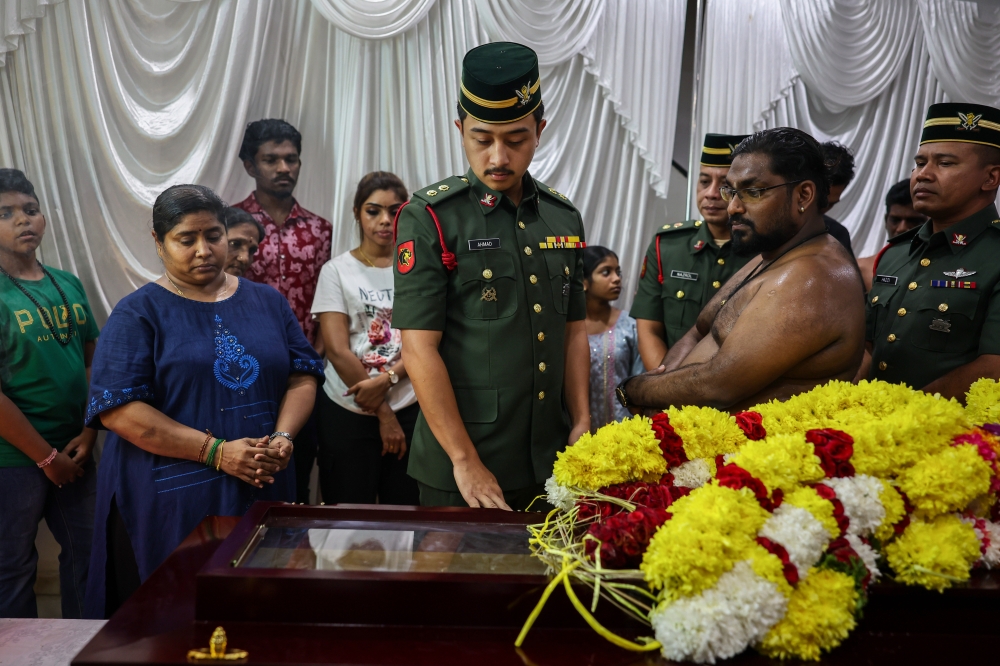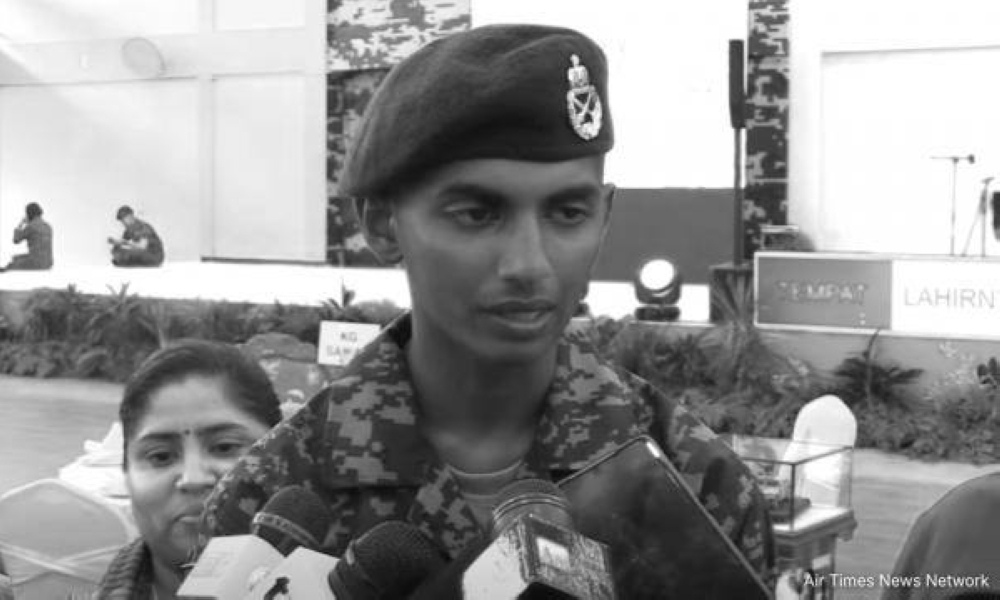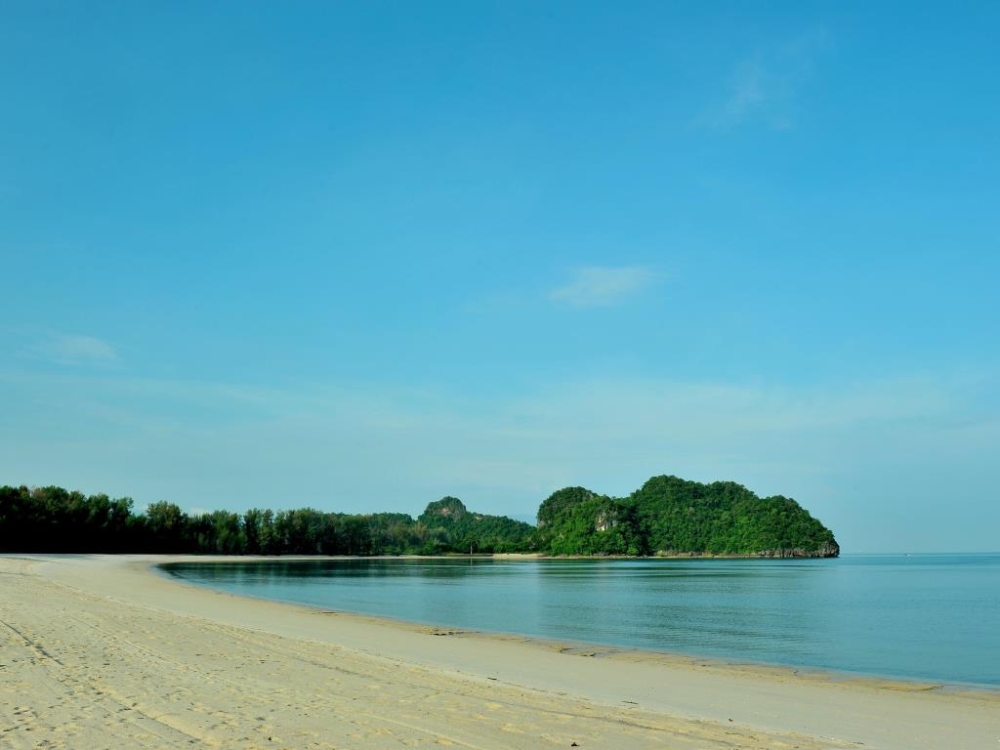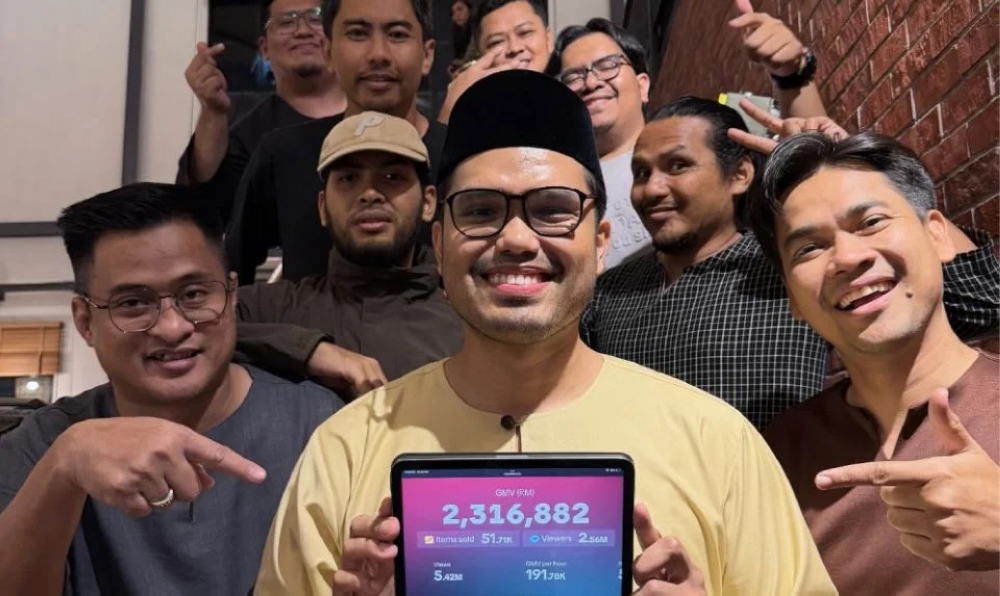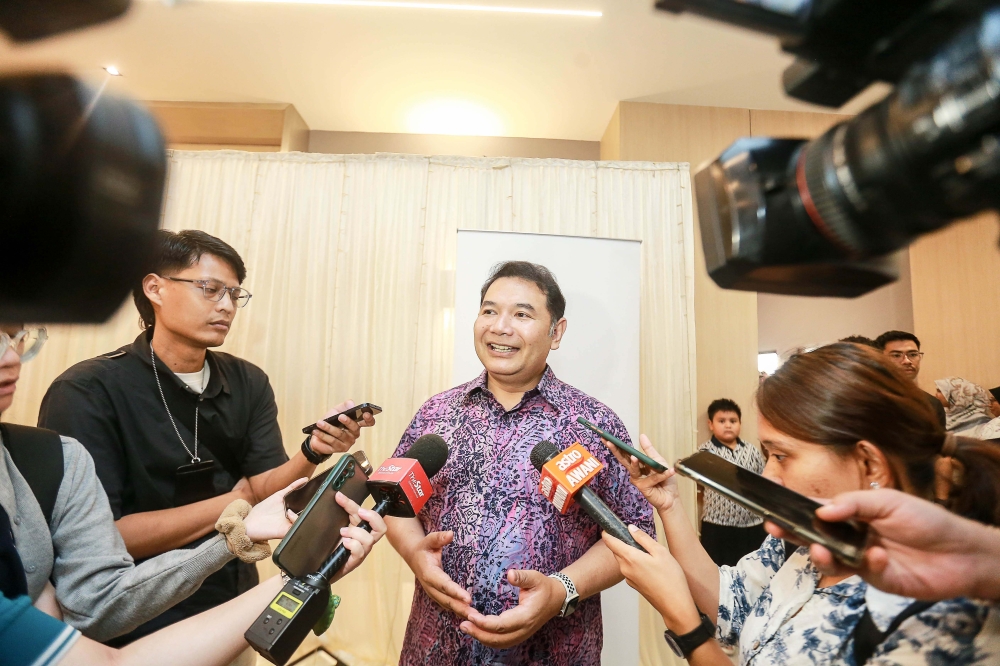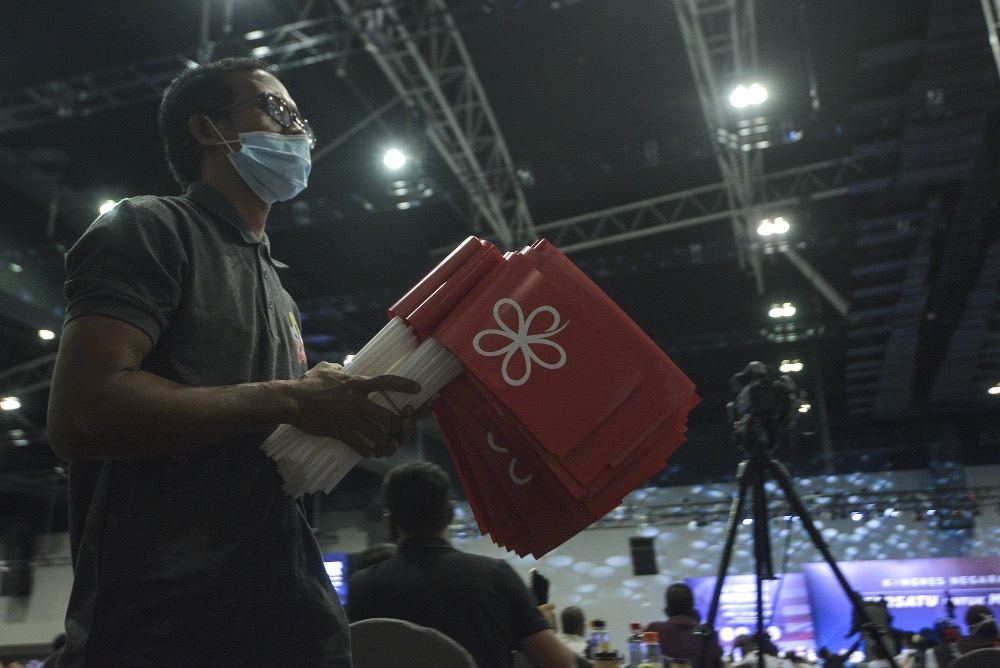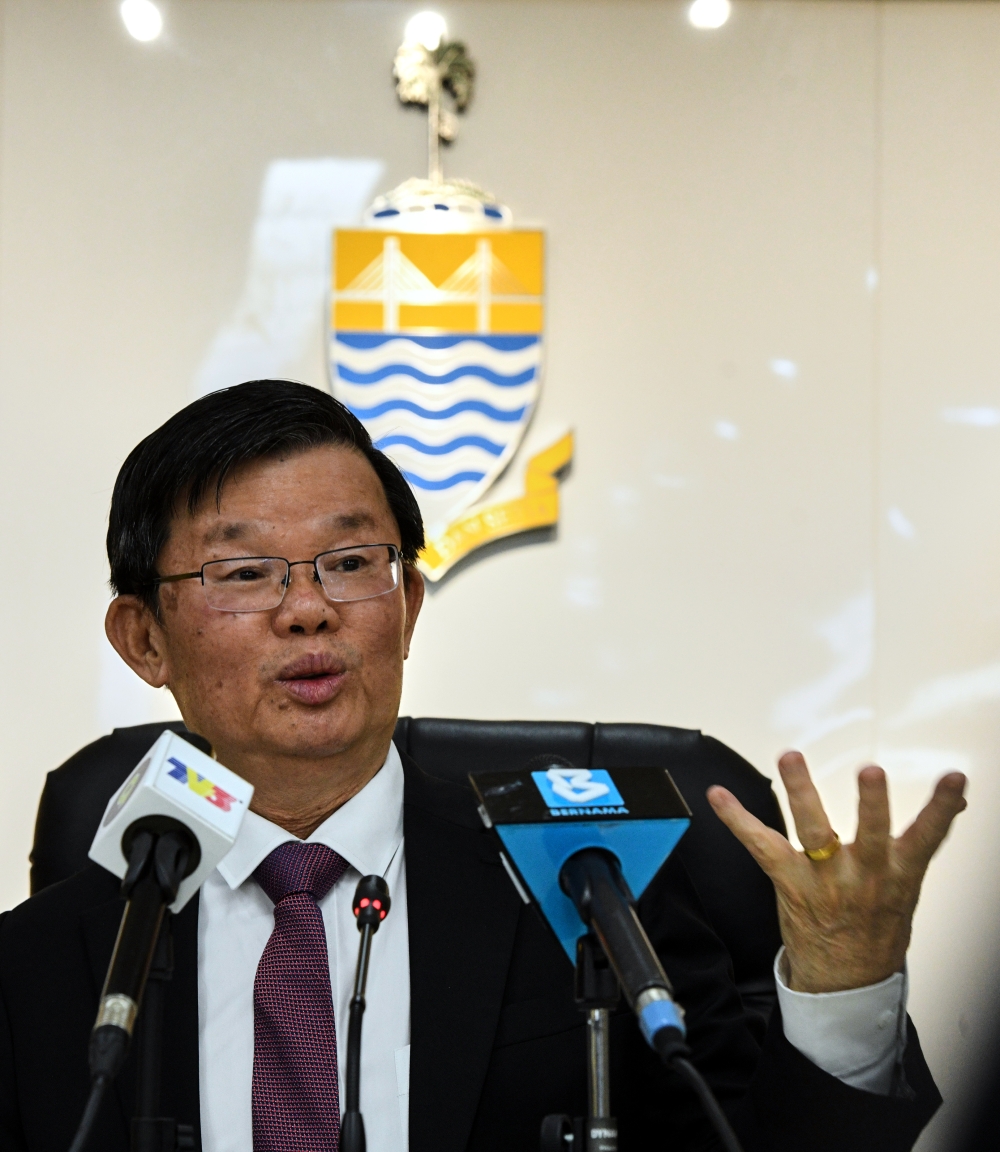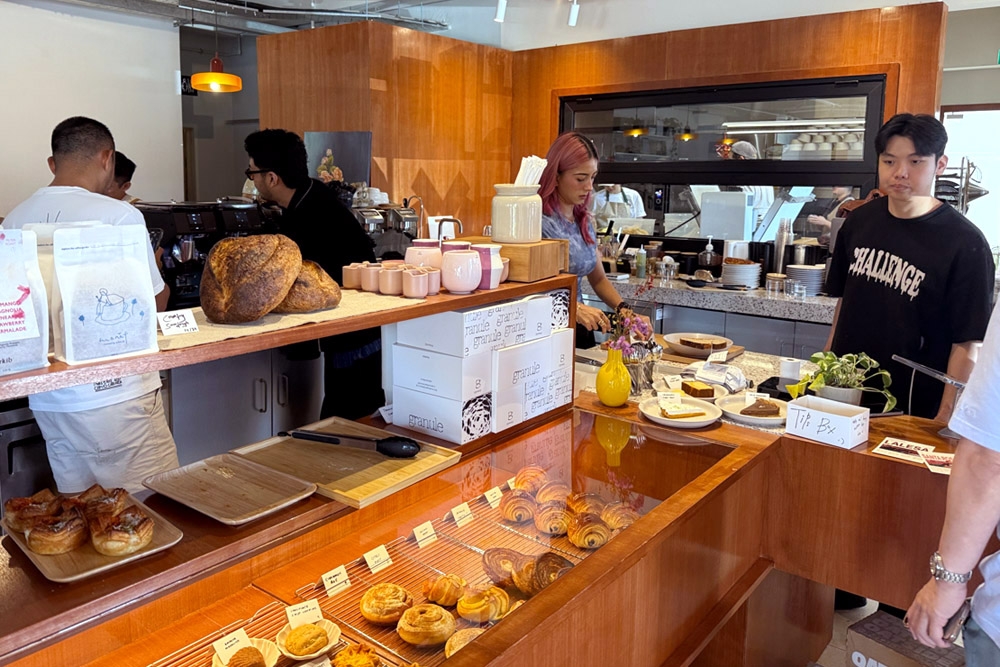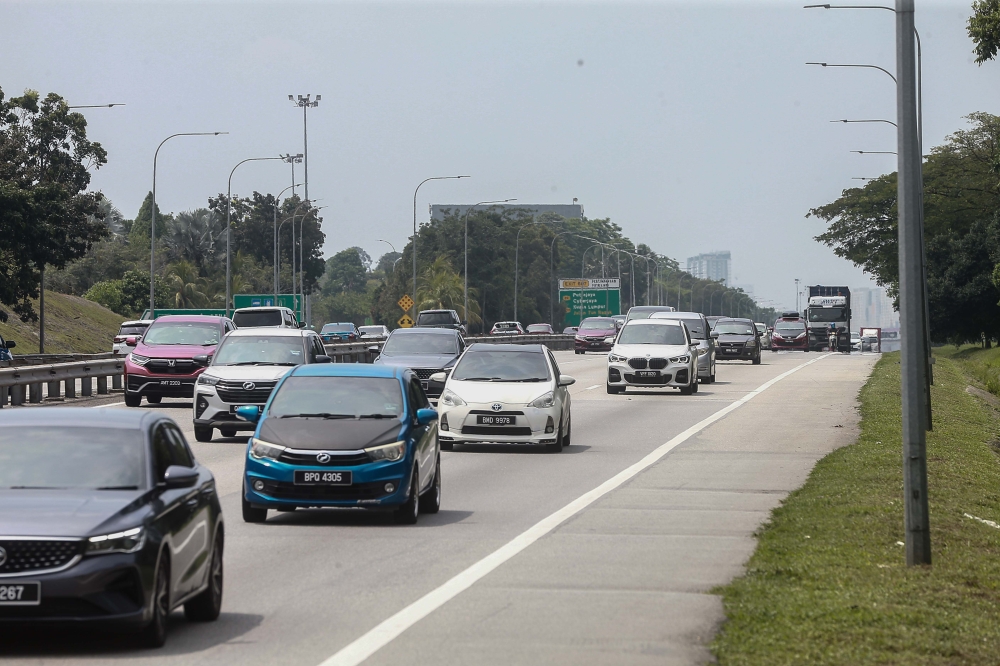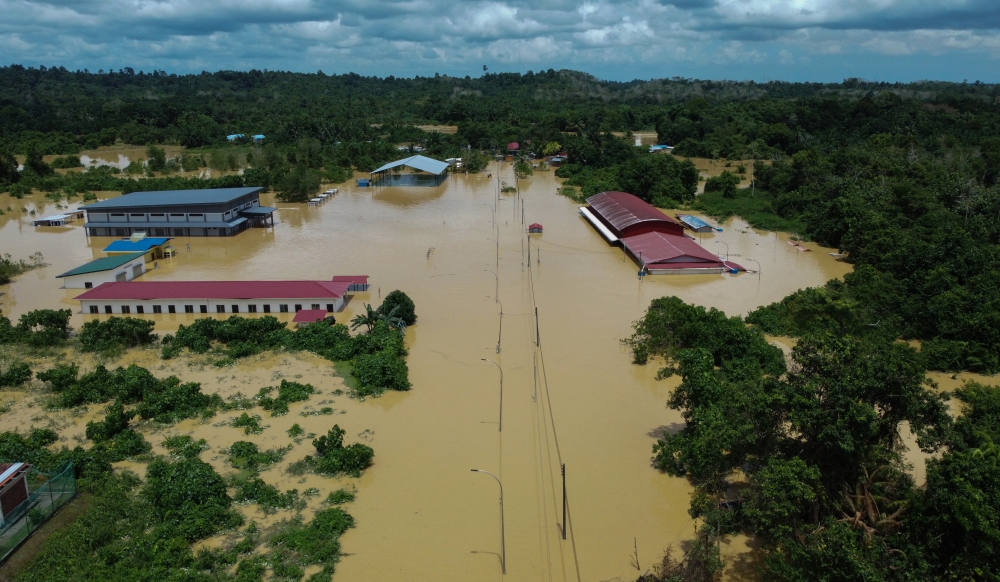PUTRAJAYA, Sept 12 — South China Sea must remain as a sea of peace, stability and trade, and never the arena of contention in which Asean member states are caught in a conflict, Foreign Minister Datuk Seri Hishammuddin Hussein said.
He said Malaysia’s position on South China Sea is clear where territorial and maritime disputes have been resolved by the relevant parties through peaceful means, in accordance with the universally recognised principles of international law, including United Nations Convention on the Law of the Sea (UNCLOS) 1982.
“We also look forward to the resumption of the negotiations on the Code of Conduct of Parties in the South China Sea (COC),” he said in his speech during the virtual 27th Asean Regional Forum (ARF) session here, today.
Hishammuddin called all parties to ensure the freedom of navigation in and overflight above the South China Sea, adding that despite the differences in individual approaches, all parties have to avoid actions deemed provocative, especially at a time when the governments remain focused on combating the global pandemic of Covid-19.
He pointed out that South China Sea is one of the five issues to be addressed regionally to maintain and secure regional peace and stability after the refugee crisis from the Rakhine state of Myanmar, countering terrorism and violent extremism, disarmament, non-proliferation and peaceful uses of nuclear technology that includes the developments in the Korean Peninsula as well.
With regard to the Rakhine State, Hishammuddin said Malaysia continues to bear the brunt of the refugee spillover effects from this prolonged crisis with no foreseeable end.
“Unfortunately, we can no longer take anymore Rohingya as our resources and capacity are already stretched, compounded by the Covid-19 pandemic. Yet, Malaysia is unfairly expected to do more to accommodate incoming refugees with added pressure from the humanitarian groups,” he said.
He said Malaysia reaffirms the need for proportionate burden and responsibility sharing and calls for the signatory countries of the 1951 Convention to uphold and stand committed to their international legal obligations to receive more refugees for resettlement or relocation.
“Malaysia strongly supports a repatriation process, which is voluntary, safe and dignified, of displaced persons from the Rakhine State and appeals to Myanmar and Bangladesh to find an expeditious and sustainable solution on this matter.
“If this is not being addressed immediately, the vulnerable Rohingya people will continue to be susceptible to exploitation and victimised by unscrupulous human traffickers and terrorist forces,” he said.
On countering terrorism and violent extremism, Hishammuddin said though it is clear that terrorist groups have remained relatively silent during Covid-19, never discount the fact that they could be ramping up their efforts to take advantage of the present uncertain times to further enhance their agenda.
With regard to nuclear technology, Hishammuddin said Malaysia reaffirmed the significance of the Southeast Asia Nuclear Weapon-Free Zone (SEANWFZ) Treaty as the disarmament and non-proliferation instrument in the Asean region.
As for the situation in the Korean Peninsula, Hishammuddin said Malaysia is also monitoring closely with concern the growing of tensions between North and South Korea particularly following the demolition of the inter-Korean Liaison Office in Kaesong.
Hosted virtually by Vietnam, the ARF is an annual meeting convened since 1994 with the objective of fostering constructive dialogues and consultations on political and security issues of common interest and concern, and to make significant contributions to efforts towards confidence-building and preventive diplomacy in the Asia-Pacific region.
In attendance were the 10 Asean member states (Brunei, Cambodia, Indonesia, Laos, Malaysia, Myanmar, Philippines, Singapore, Thailand and Vietnam), the 10 Asean dialogue partners (Australia, Canada, China, European Union, India, Japan, New Zealand, South Korea, Russia and the United States). It was also attended by Bangladesh, North Korea, Mongolia, Pakistan, Sri Lanka, Timor-Leste and Papua New Guinea. — Bernama


